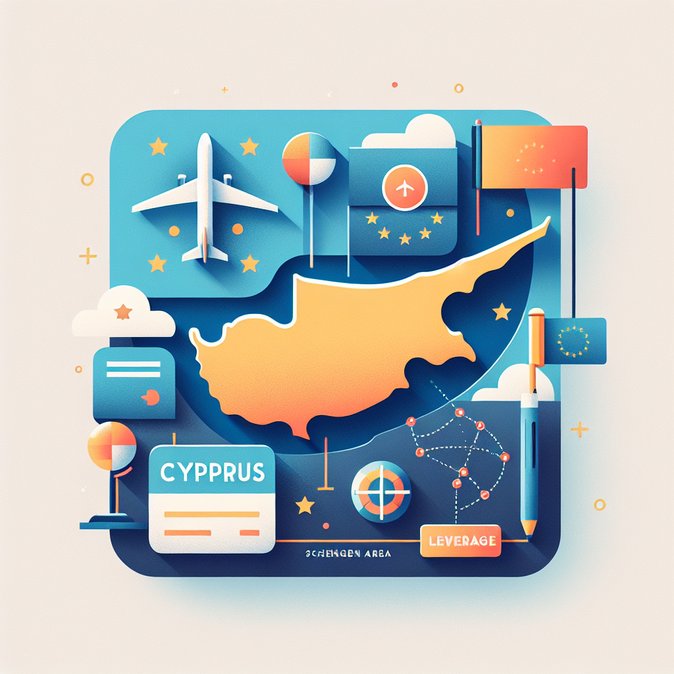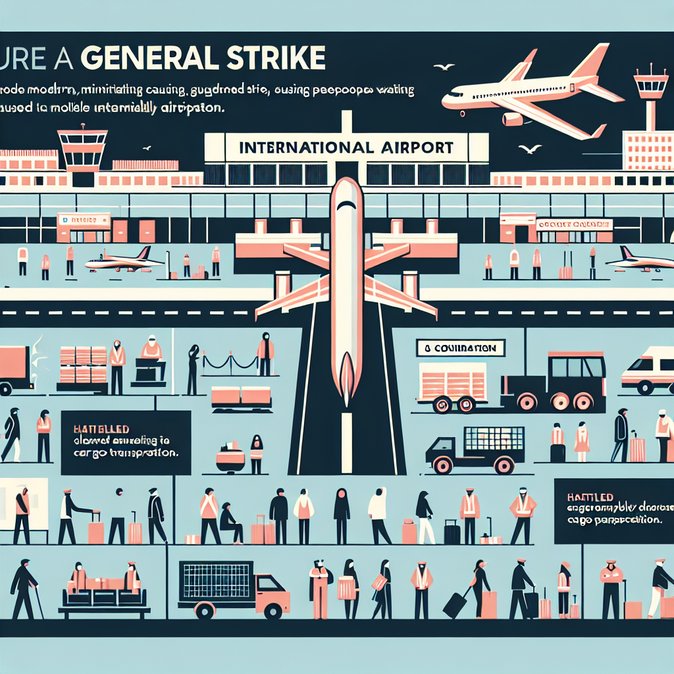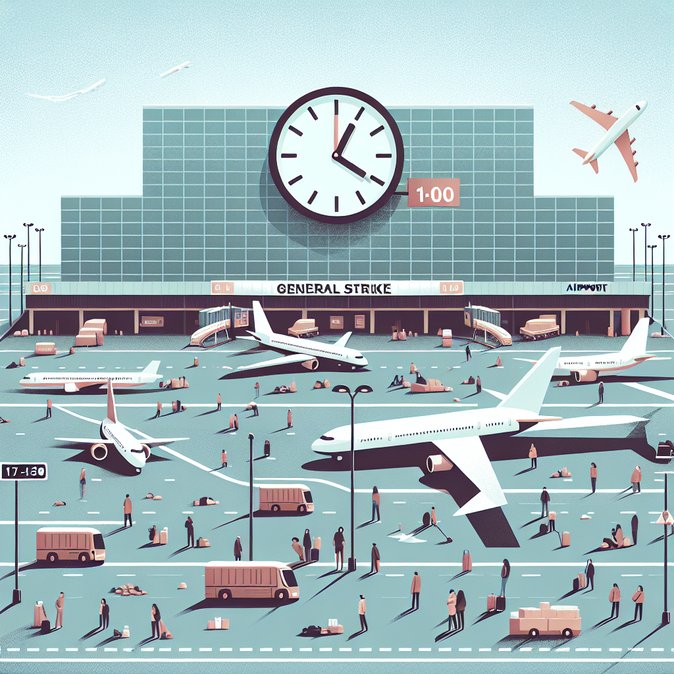
Cyprus Airways Flying Academy (CAFA) has entered a strategic partnership with Intercontinental Aviation Enterprise FZ-LLC (IAE), owner of the UAE-based Intercontinental Aviation Academy (IAA Global). The Memorandum of Understanding, signed on 20 November at the Dubai Airshow, envisages a reciprocal share exchange and the creation of a joint board to oversee fleet modernisation, new training syllabi and—in the longer term—satellite campuses across Europe and the Middle East.
For Cyprus the deal strengthens its ambitions to become an Eastern Mediterranean centre for pilot and technician training. CAFA currently operates a small fleet of single- and twin-engine trainers out of Larnaca International Airport. By plugging into IAA Global’s network the academy gains access to advanced flight simulators, ab-initio cadet pipelines and Emirati know-how in training large airline workforces.
![Cyprus and UAE Sign Aviation-Training Pact at Dubai Airshow]()
The UAE partner, meanwhile, secures a European Union foothold that will allow it to issue EASA-compliant licences—an attractive proposition for Gulf carriers recruiting European pilots. The joint board will also explore placing next-generation eVTOL aircraft in Cyprus as testbeds for urban-air-mobility training.
Business-aviation firms based in Limassol and Ayia Napa welcomed the announcement, saying a larger talent pool could ease shortages of flight instructors, ground engineers and cabin-safety trainers. The Deputy Ministry of Transport confirmed that the agreement aligns with its National Aviation Strategy, which targets a 40 per cent increase in high-skilled aviation jobs by 2030.
While the MoU does not directly affect visa policy, mobility professionals note that stronger UAE links are likely to boost two-way business-travel flows. Emirates already operates double-daily Dubai–Larnaca rotations, and Etihad codeshares via Athens. Training-related traffic could spur demand for additional Gulf services or relaxed multiple-entry visa arrangements for Emirati trainees.
For Cyprus the deal strengthens its ambitions to become an Eastern Mediterranean centre for pilot and technician training. CAFA currently operates a small fleet of single- and twin-engine trainers out of Larnaca International Airport. By plugging into IAA Global’s network the academy gains access to advanced flight simulators, ab-initio cadet pipelines and Emirati know-how in training large airline workforces.

The UAE partner, meanwhile, secures a European Union foothold that will allow it to issue EASA-compliant licences—an attractive proposition for Gulf carriers recruiting European pilots. The joint board will also explore placing next-generation eVTOL aircraft in Cyprus as testbeds for urban-air-mobility training.
Business-aviation firms based in Limassol and Ayia Napa welcomed the announcement, saying a larger talent pool could ease shortages of flight instructors, ground engineers and cabin-safety trainers. The Deputy Ministry of Transport confirmed that the agreement aligns with its National Aviation Strategy, which targets a 40 per cent increase in high-skilled aviation jobs by 2030.
While the MoU does not directly affect visa policy, mobility professionals note that stronger UAE links are likely to boost two-way business-travel flows. Emirates already operates double-daily Dubai–Larnaca rotations, and Etihad codeshares via Athens. Training-related traffic could spur demand for additional Gulf services or relaxed multiple-entry visa arrangements for Emirati trainees.


